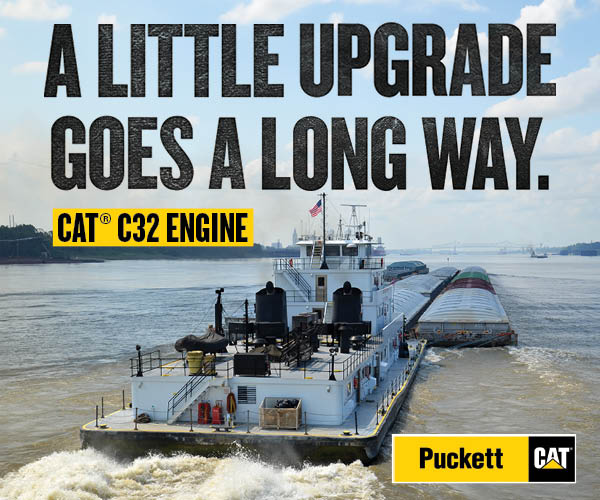This week’s issue features a U.S. senator complaining about the length of time it is taking the Corps of Engineers to approve a permit for a Nucor steel mill in her state that will provide hundreds of jobs (and considerable barge traffic) once opened. Nucor admitted that the federal permit process is taking longer than anticipated; state permits have all been obtained. The new plant is similar to an existing one, so the senator is wondering what the holdup is.
A report last September by the Brookings Institution noted, “There are many obstacles to the rapid deployment of [green] infrastructure, but one key obstacle at the center of much debate is the federal permit process” and concluded, “[T]here is a clear and evident need to proceed with ambitious reform of the nation’s energy infrastructure permit system.”
Sen. Joe Manchin, the West Virginia Democrat some describe as a maverick, was so concerned about the permitting issue that he suggested last year that he might make his support for the Inflation Reduction Act contingent on an agreement to speed up permitting on “big-ticket” projects.
In 2015, the Fixing America’s Surface Transportation Act (FAST Act) mandated the creation of the Permitting Dashboard, which gathers permitting information in one place where the public can monitor permitting progress on certain projects. Its goal was to generate pressure for permit reform by allowing the public to monitor the permitting progress of projects covered under the FAST Act (one category of which is ports and waterways).
The permitting process differs for public versus private projects, but with large projects that cross state lines or involve federal waterways, that distinction can get blurry. Everyone agrees that permit reform for both public and private projects is needed—including the White House, which noted May 10 that it has provided $1 billion “to help expedite federal agency permitting,” although it didn’t detail how that money is being spent. It touted use of a new interagency MOU form to speed permitting for public projects, which might help speed public projects. It admitted, though, that “more reforms are needed to build out modern American energy infrastructure and supply chains with the speed and safety that the moment demands.”




